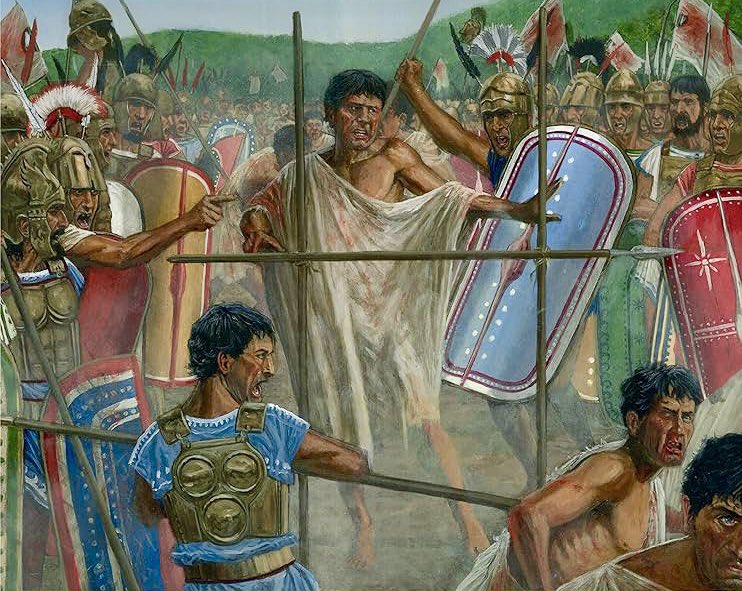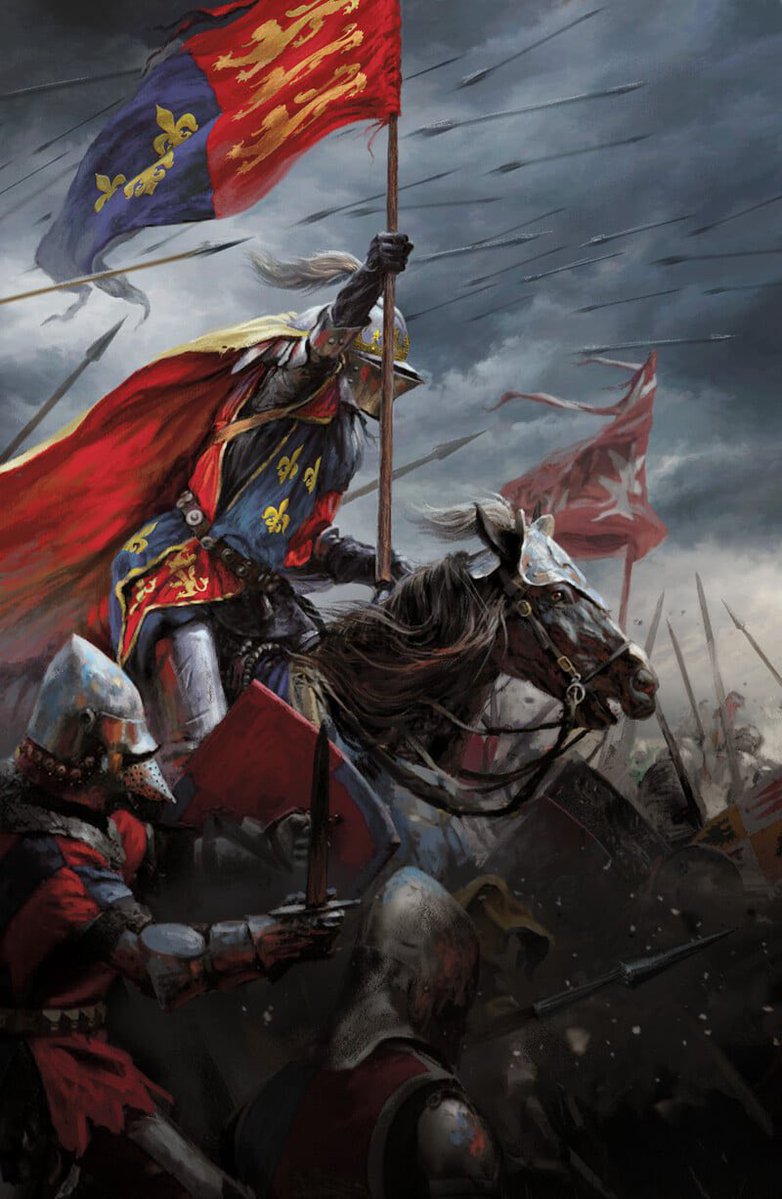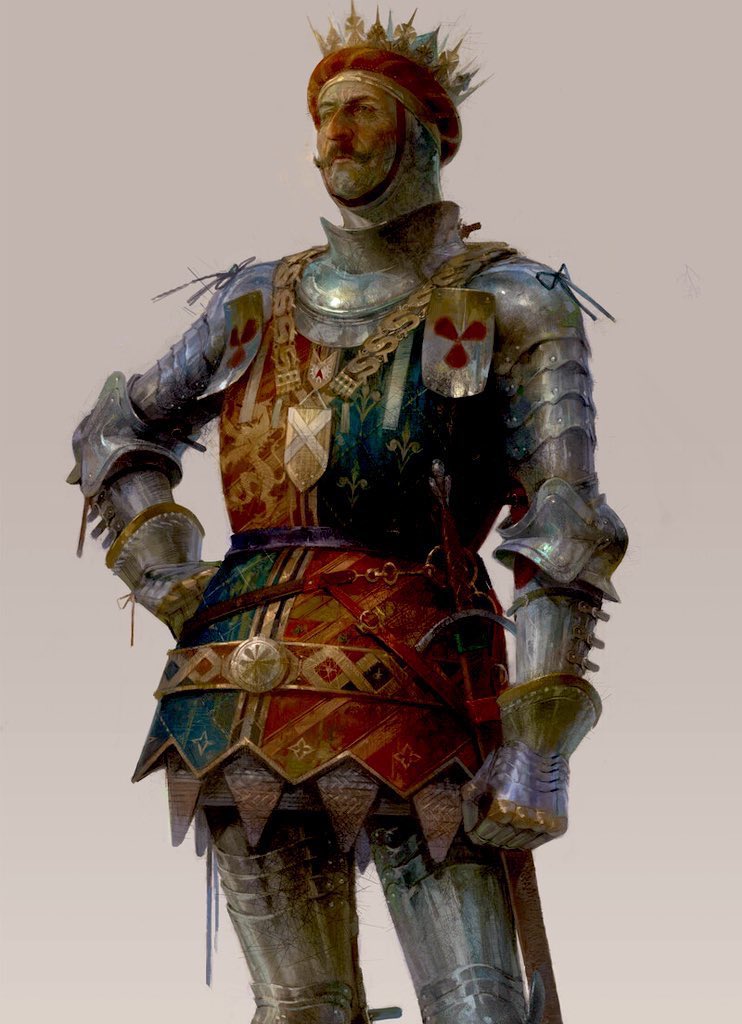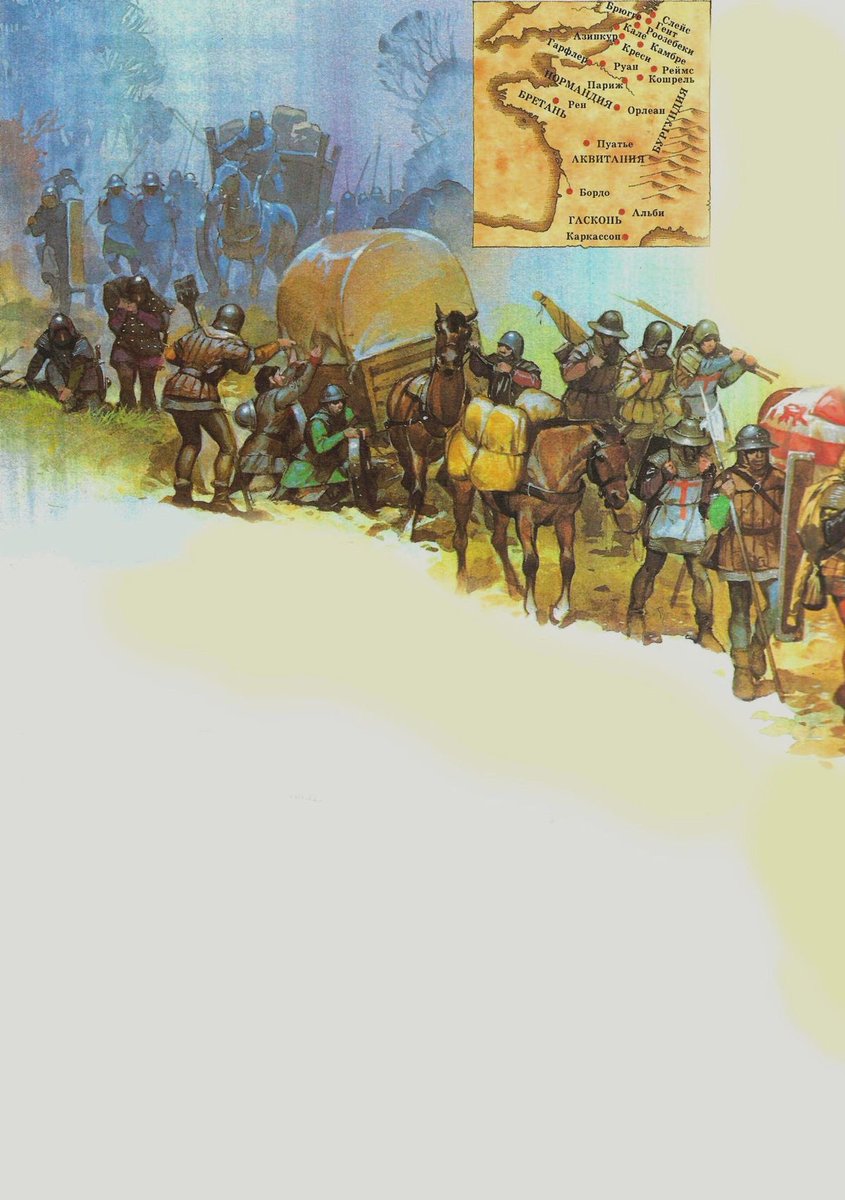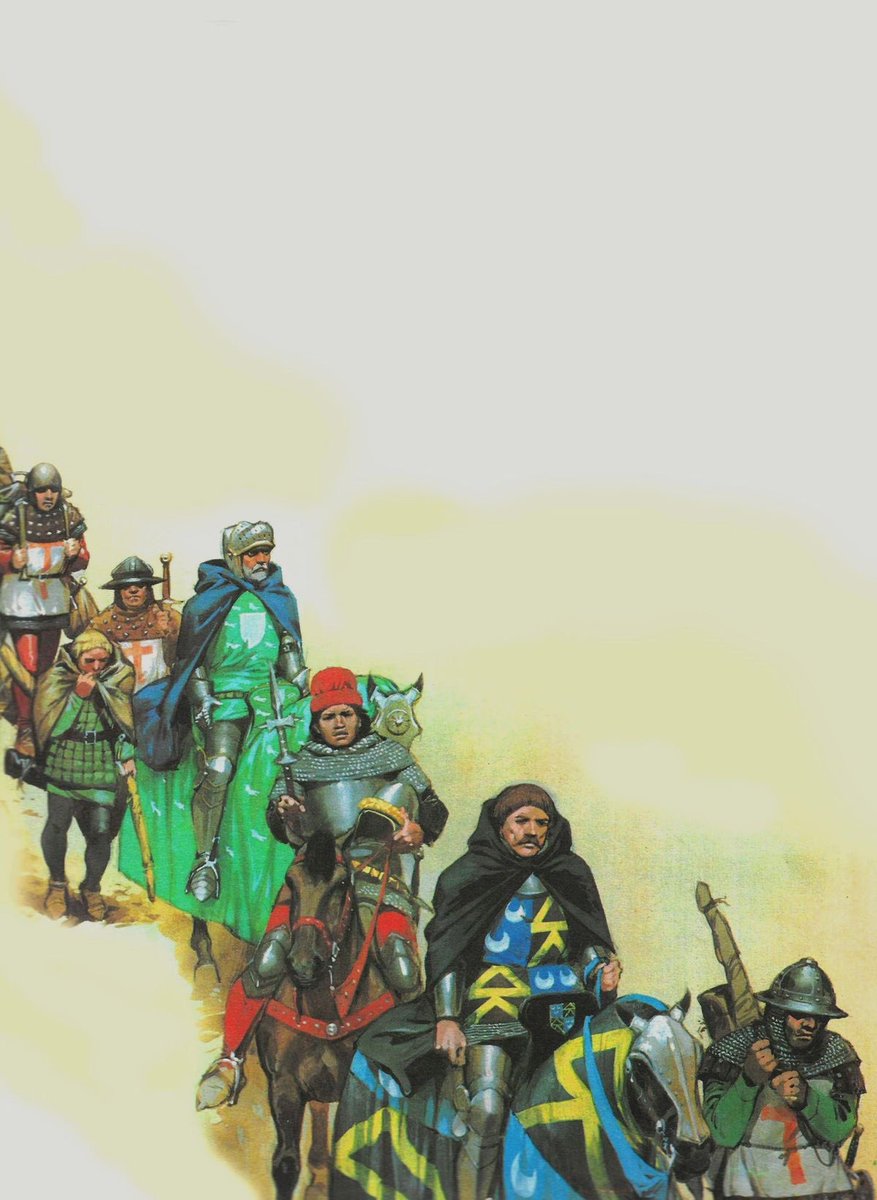In AD 608,
The Persians were thundering into the Roman Empire, conquering all that lay before them.
When the Roman army abandoned Mardin, the defence of the city was taken up by…
The Warrior Monks of Mardin!
[Thread]
The Persians were thundering into the Roman Empire, conquering all that lay before them.
When the Roman army abandoned Mardin, the defence of the city was taken up by…
The Warrior Monks of Mardin!
[Thread]

In 602 the Roman army rebelled against the emperor Maurice chose Phocas, a senior military officer, as their emperor, they marched in Constantinople and killed Maurice and five of his sons.
In 603 the Persian Shah Khusrow, who had been greatly helped by Maurice after being ousted in his youth, declared war. A Roman general named Narses also rebelled against Phocas.
In 603 the Persian Shah Khusrow, who had been greatly helped by Maurice after being ousted in his youth, declared war. A Roman general named Narses also rebelled against Phocas.

At the same time, eastern Christianity was reeling from the Monophysite controversy; the belief that Christ had only one, divine, nature. Despite attempts from the government in Constantinople to suppress or find compromises with Monophysitism, it survived, especially in the eastern provinces of the empire.

In 604 the Persians defeated and killed the Roman general Germanus, and then defeated the general Leontius near Dara before capturing Dara, and then defeated a Roman army in Armenia.
After pausing the campaign to recruit more men, Khusrow resumed the invasion in 606. By 608 Theodosiopolis and Cepha had fallen.
One Syriac Chronicle tells that;
‘The Persians took Dara and invaded Tür Abdin. For two years they besieged Hesno d-Ki fo, harming no one but the Romans, whom they slaughtered wherever they found them.’
After pausing the campaign to recruit more men, Khusrow resumed the invasion in 606. By 608 Theodosiopolis and Cepha had fallen.
One Syriac Chronicle tells that;
‘The Persians took Dara and invaded Tür Abdin. For two years they besieged Hesno d-Ki fo, harming no one but the Romans, whom they slaughtered wherever they found them.’

Then, ‘When the Romans who were at Mardin heard that Hesno d-Ki fo had been surrendered, they abandoned the castle and ran away.’
Mardin was almost defenceless, held only by civilians. That was, until the Monophysite monks of Mardin entered the fray. One historian wrote:
‘However frayed their political loyalty to the East Roman regime, however deep their resentment of the authorities repeated attempts to repress or at least contain Monophysitism in the eastern provinces, there was no question of their abandoning the struggle when the enemy was the dualist Persian state which harboured within it the Nestorians, the most hated of all the Monophysites rivals among the Christian sects.’
Mardin was almost defenceless, held only by civilians. That was, until the Monophysite monks of Mardin entered the fray. One historian wrote:
‘However frayed their political loyalty to the East Roman regime, however deep their resentment of the authorities repeated attempts to repress or at least contain Monophysitism in the eastern provinces, there was no question of their abandoning the struggle when the enemy was the dualist Persian state which harboured within it the Nestorians, the most hated of all the Monophysites rivals among the Christian sects.’

The Syriac Chronicle Chronicon ad annum Christi 1234 pertinens states:
‘But the monks flocked to the castle and occupied it, ready for the Persian attack. They were all priests and they sent to ask Basil, the bishop of Kafar Tutho, whether they were permitted to kill the Persians.’
One historian describes them as ‘taking a leading role in the defence of the city, in effect as shock troops of Christendom in battle with the agents of the Devil.’
‘But the monks flocked to the castle and occupied it, ready for the Persian attack. They were all priests and they sent to ask Basil, the bishop of Kafar Tutho, whether they were permitted to kill the Persians.’
One historian describes them as ‘taking a leading role in the defence of the city, in effect as shock troops of Christendom in battle with the agents of the Devil.’

In the face of such overwhelming force, the monks and people of Mardin held out for six months. Their fate is not known.
After the fall of Mardin the Persians made further gains and it was not until the campaigns of the emperor Heraclius over a decade later than they were reversed
After the fall of Mardin the Persians made further gains and it was not until the campaigns of the emperor Heraclius over a decade later than they were reversed

Thank you for reading this far.
If you would like to know more about this conflict then I suggest reading The Last Great War of Antiquity by James Howard-Johnston.
I also did a thread on it
If you would like to know more about this conflict then I suggest reading The Last Great War of Antiquity by James Howard-Johnston.
I also did a thread on it
https://twitter.com/nonregemesse/status/1842952871282696634
• • •
Missing some Tweet in this thread? You can try to
force a refresh





